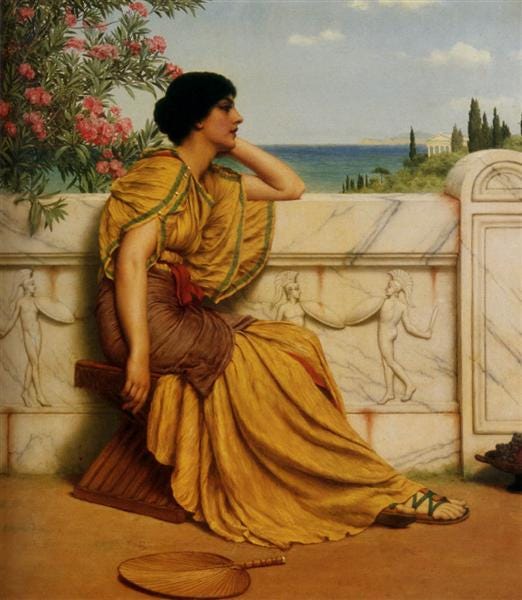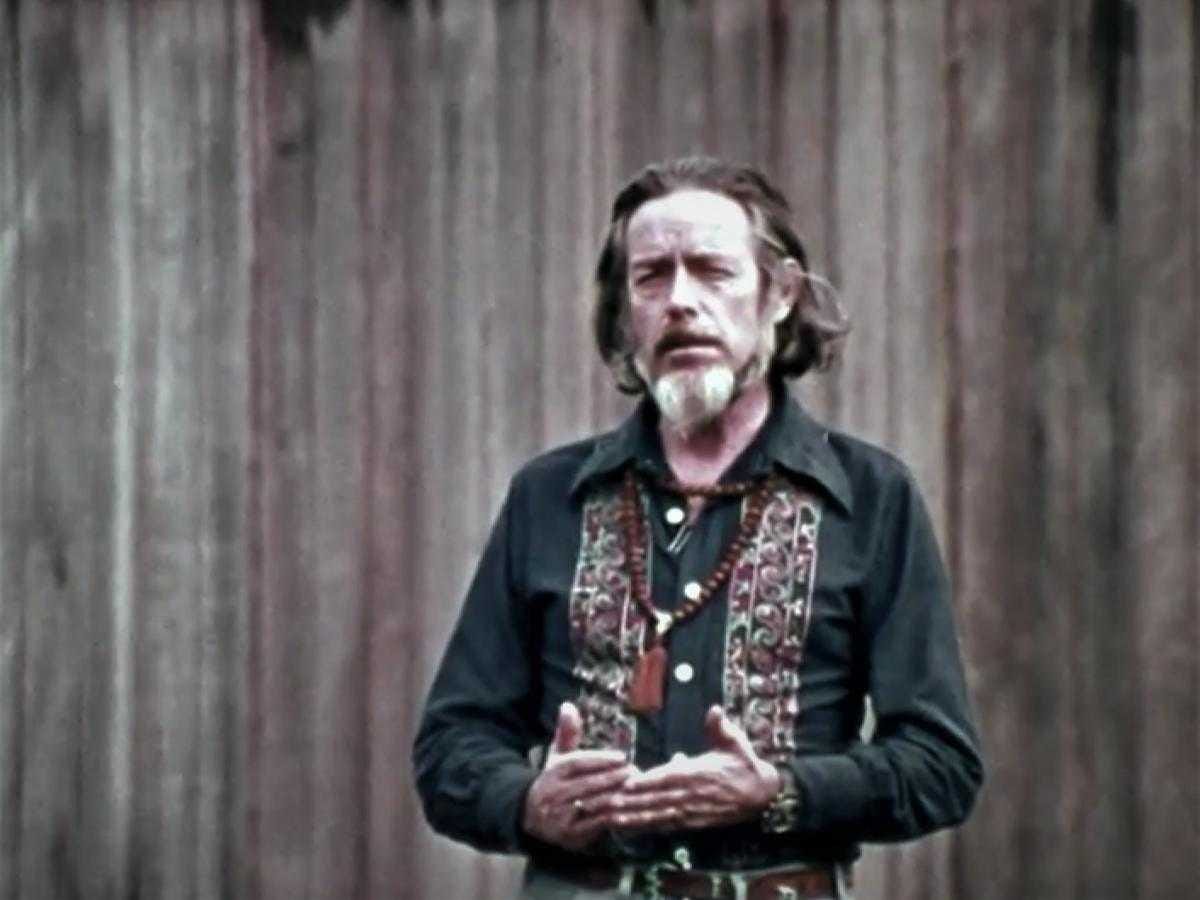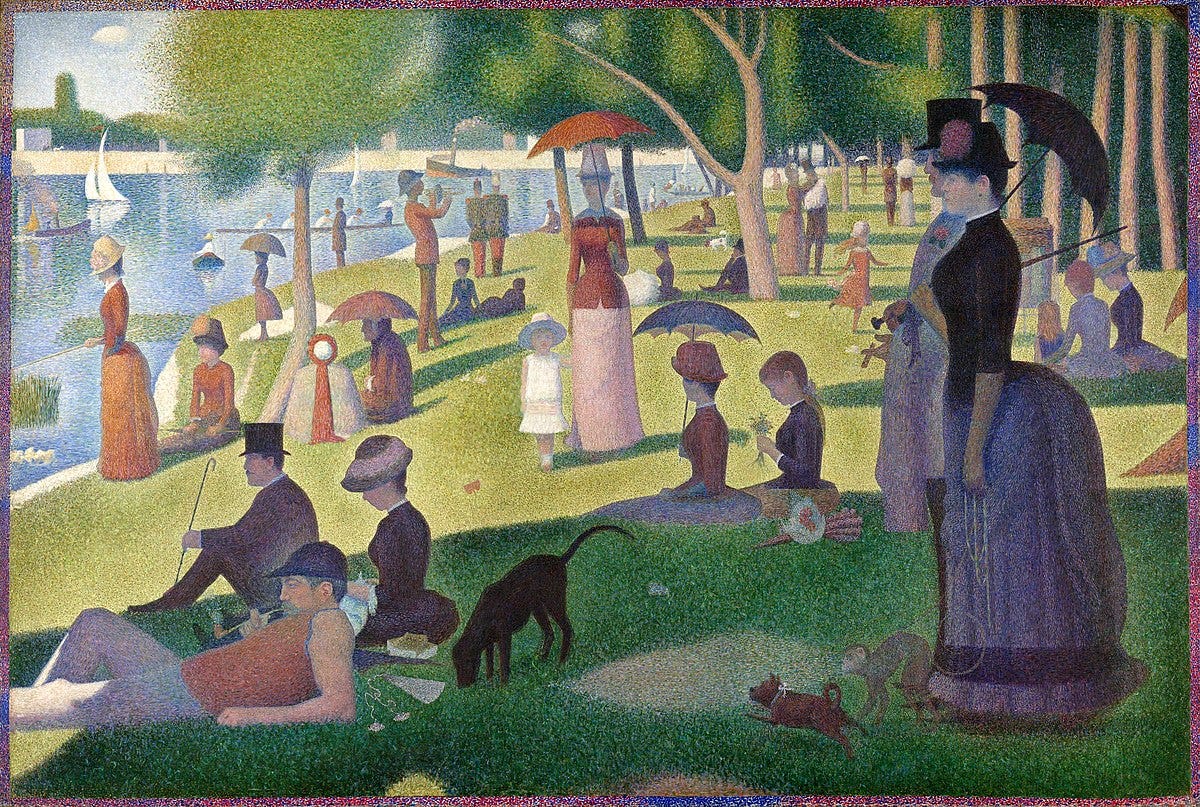The Writer’s Thoughts
"Doing nothing is better than being busy doing nothing." - Lao Tzu
Our modern world has become a chaotic vortex of ceaseless activity. With smartphones in our hand, we're continually bombarded by notifications and updates, leaving us with a nagging urge to remain occupied. But what is the ultimate cost? It is crucial to understand the importance of slowing down and doing nothing.
Do you remember being sprawled on the grass, observing the clouds as they drifted by, unhurried and at peace? Those moments are gone. They’ve been replaced by an incessant need to fill every waking moment with tasks, responses, and social signals online.
Away from the noise of emails and deadlines, you might finally be able to hear their own thoughts. Something new might emerge, an idea that would have remained clouded in the clamor of everyday life.
How often have you been on the cusp of an epiphany, and found it shattered by the pings of incoming messages? The truth is that these constant distractions are robbing us of our creativity, our ability to problem-solve, and our capacity to connect meaningfully with ourselves and others.
The most eminent minds in history recognized the importance of taking time for oneself. Renowned physicist Albert Einstein, for instance, attributed his revolutionary insights to his daily naps and moments of unstructured peace.
Allow yourself the freedom to do nothing, to embrace the silence and the stillness, and to rediscover the wonders that lie within your own mind. Our rapidly changing world demands that we adapt and innovate, but we must not forget the value of simply slowing down.
Food For Thought



Mother Theresa |"We need to find God, and he cannot be found in noise and restlessness. God is the friend of silence. See how nature - trees, flowers, grass - grows in silence; see the stars, the moon and the sun, how they move in silence... We need silence to be able to touch souls."
Mother Teresa, also known as Saint Teresa of Calcutta, was a Catholic nun and missionary who dedicated her life to serving the poor and destitute.
She founded the Missionaries of Charity, a religious congregation dedicated to serving the sick and the poor, and opened numerous homes for the destitute and dying. One of her most famous works was the Home for the Dying, where she and her sisters provided care and comfort to those in their final moments of life. Mother Teresa believed that every person, no matter how impoverished or forgotten, deserved to be treated with love and respect.
She once said, "The greatest disease in the West today is not TB or leprosy; it is being unwanted, unloved, and uncared for. We can cure physical diseases with medicine, but the only cure for loneliness, despair, and hopelessness is love. There are many in the world who are dying for a piece of bread but there are many more dying for a little love." Mother Teresa lived this belief through her actions, giving up personal comforts to serve those in need.
Alan Watts | "The art of living is neither careless drifting on the one hand nor fearful clinging to the past on the other. It consists in being sensitive to each moment, in regarding it as utterly new and unique, in having the mind open and wholly receptive."
Alan Watts, an enigmatic philosopher of the 20th century, challenged the status quo with his insights. He called upon us, in no uncertain terms, to slow down, to live in the present, and to be conscious of the moments that make up our lives.
In his thought-provoking book, "The Wisdom of Insecurity," Watts warned us of the dangers of living in constant anticipation, shackled by the chains of our expectations. Are we not, he asked, perpetually seeking the next high, the next achievement, forever craving more, only to find ourselves unsatisfied? Consider his passage, "When you live for the future, you rob the present of its reality." Do we not owe it to ourselves to live authentically, fully experiencing each moment as it arises?
Watts' teachings on Eastern philosophy, particularly Zen Buddhism, further emphasized the importance of being present. He called our attention to the illusory nature of time, as demonstrated in his lecture, "The Nature of Consciousness": "Time is a measure of energy, a measure of motion. And we have agreed internationally on the speed of the clock. And I want you to think about clocks and watches for a moment. We are of course slaves to them." What have we lost in our relentless quest to measure and quantify our lives?
Charles Bukowski | "Without literature, life is hell. Without leisure time, literature is impossible. Leisure time is an enormous underestimated factor in the life of a writer. Any writer. Anywhere."
Charles Bukowski was a controversial American writer whose life and work revolved around leisure, particularly the leisure of drinking, gambling, and women. Born in Germany in 1920, Bukowski moved to the United States as a child and spent much of his early life working in blue-collar jobs. He turned to writing poetry and fiction in his early 30s and gained a reputation for his gritty, raw, and unapologetic style.
Bukowski's work often reflects his own experiences, depicting characters who indulge in vices and escape from the monotony of everyday life. His novel, "Post Office," for example, features a protagonist who spends his leisure time drinking and gambling. Bukowski's writing also includes explicit descriptions of drug and alcohol use, sex, and violence.
Despite the controversy surrounding his work, Bukowski's portrayal of leisure is important because it exposes the reality of those who find themselves trapped in monotonous lives, seeking escape through destructive vices. His writing is a call to action, urging readers to examine their own lives and consider the role of leisure in their pursuit of happiness.
The Gallery
A Sunday Afternoon on the Island of La Grande Jatte by Georges Seurat (1886)
"A Sunday Afternoon on the Island of La Grande Jatte" by Georges Seurat depicts a group of people enjoying a leisurely afternoon in a park by the river, engaged in various leisure activities such as walking, boating, fishing, and picnicking. The painting's tranquil setting, with the river and the park, creates a sense of relaxation and escape from the hectic pace of city life.
In addition to the subject matter, Seurat's use of pointillism contributes to the painting's depiction of leisure. The technique involves placing small dots of color next to each other, which creates a sense of vibrancy and movement in the painting. The use of pointillism also gives the painting a sense of depth and texture, making it appear more lifelike.
The meticulous planning and attention to detail required for pointillism also reflect the idea of leisure. Seurat spent over two years working on this painting, taking his time to create an image that captures the essence of a leisurely afternoon. This attention to detail and the painstaking process of creating the painting reflect the idea of taking one's time and enjoying the process of creation.








